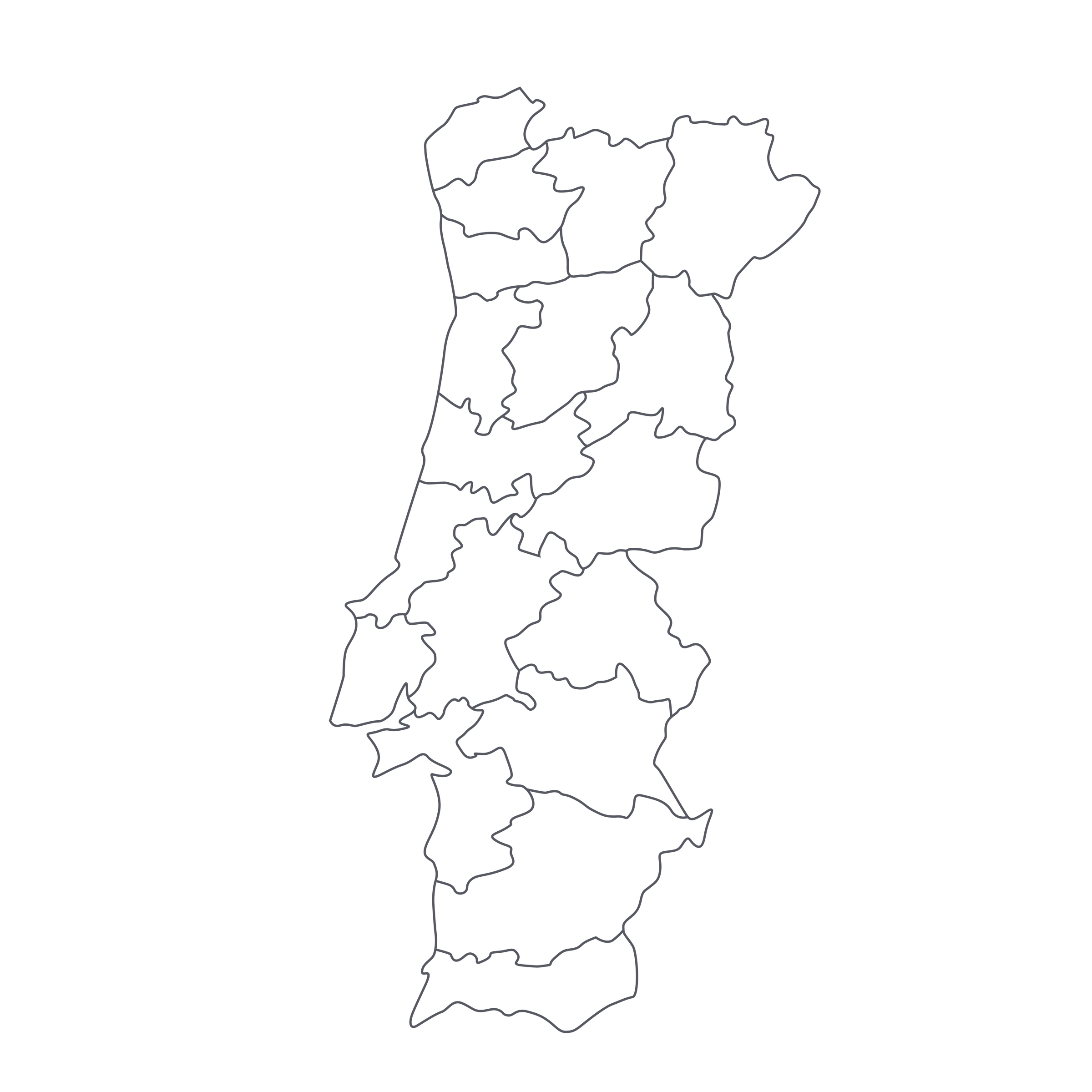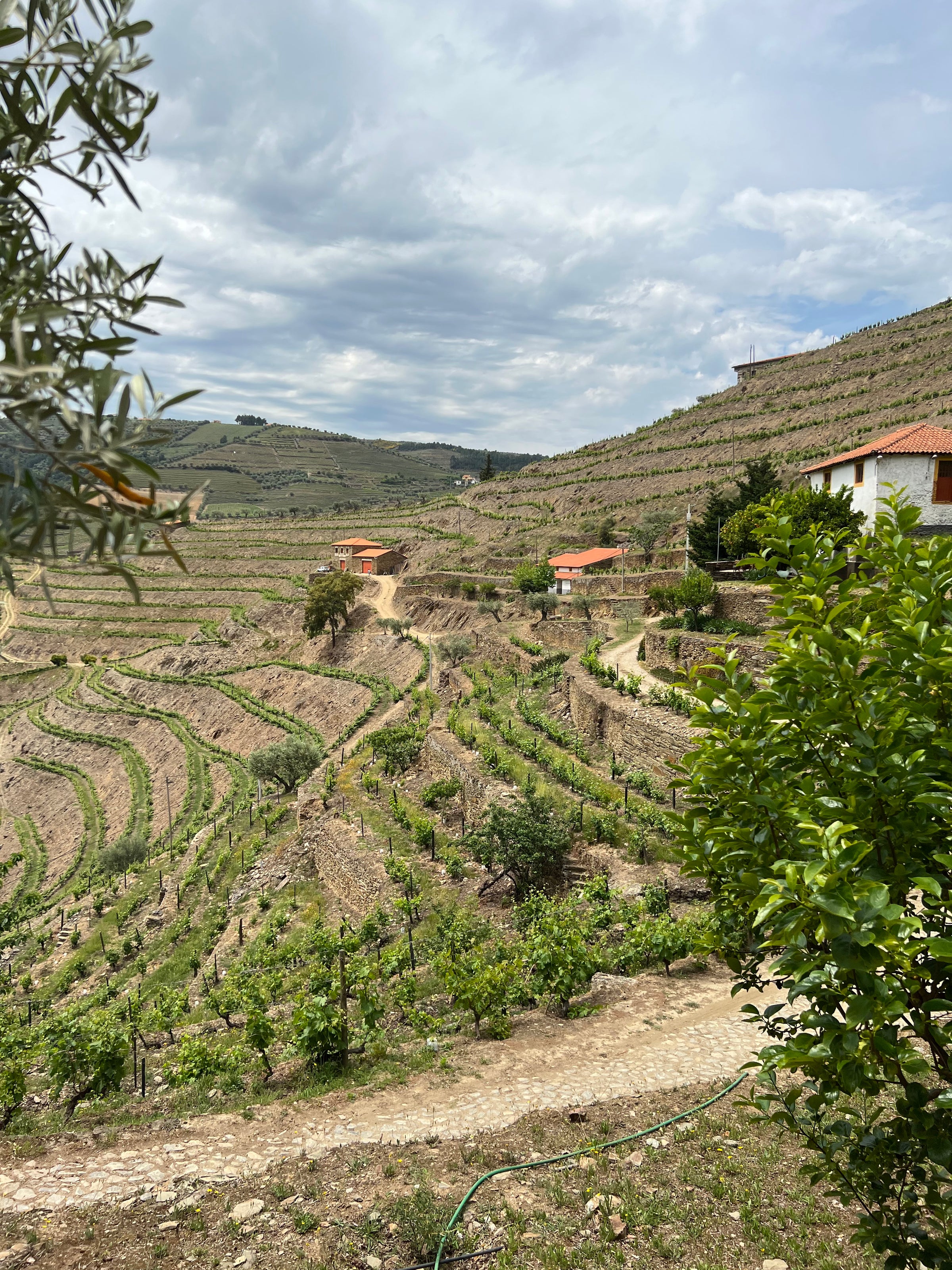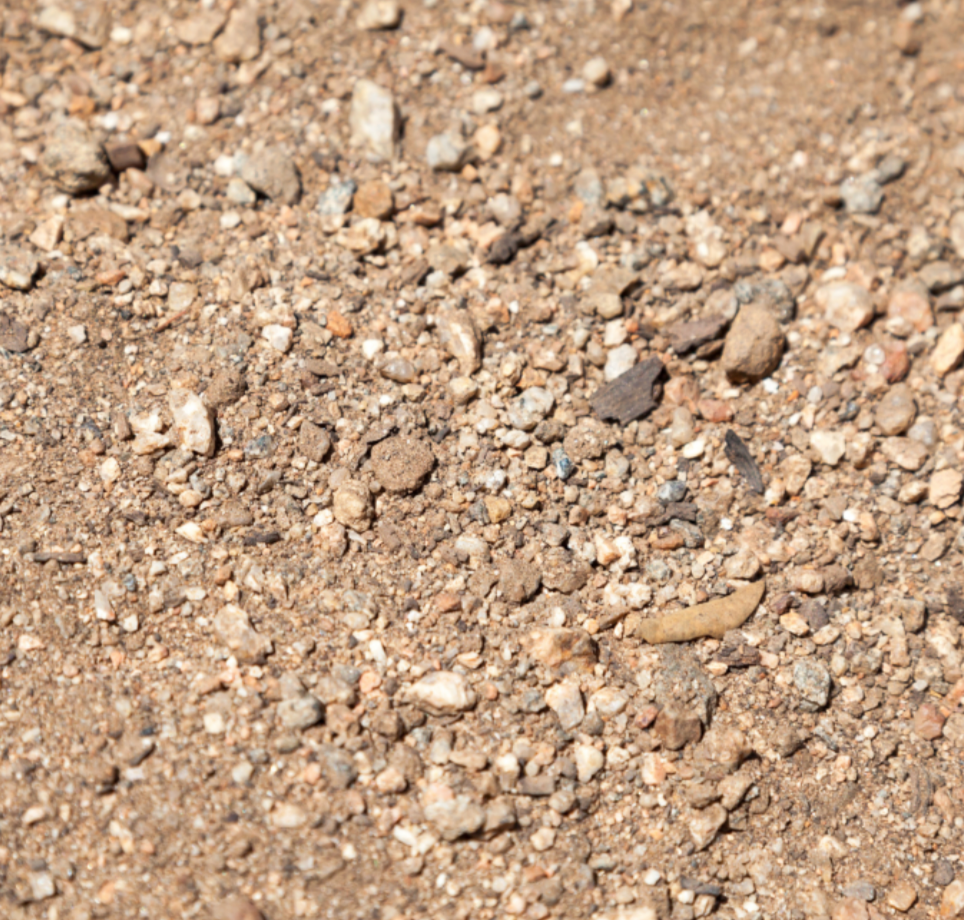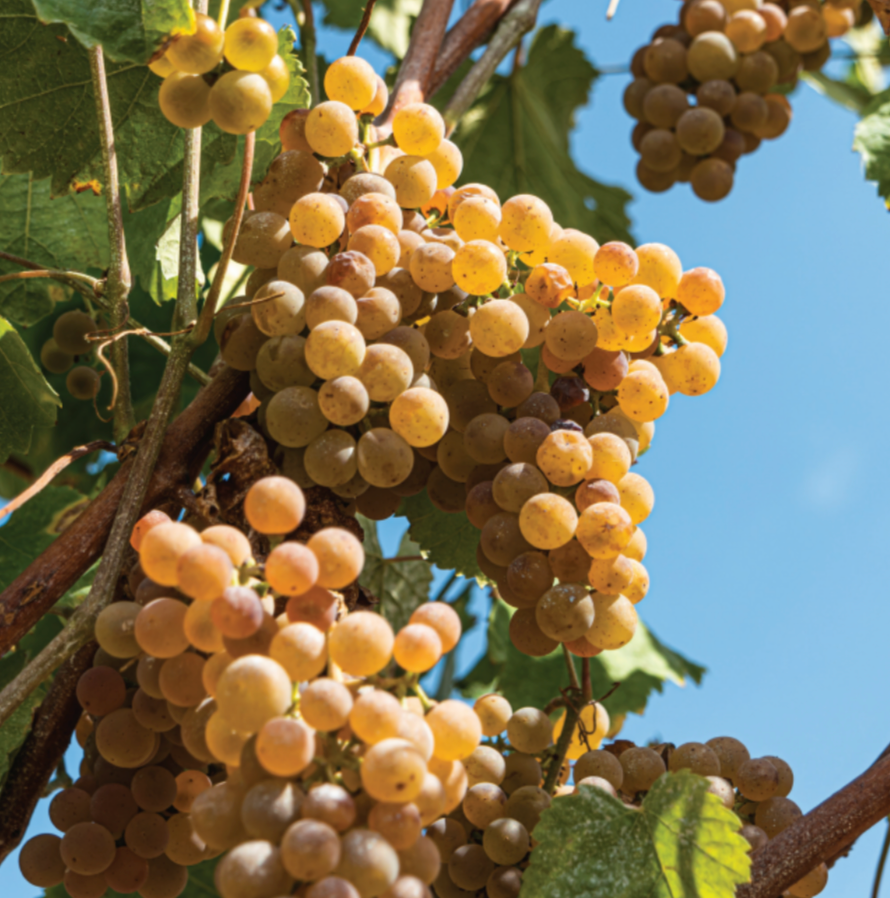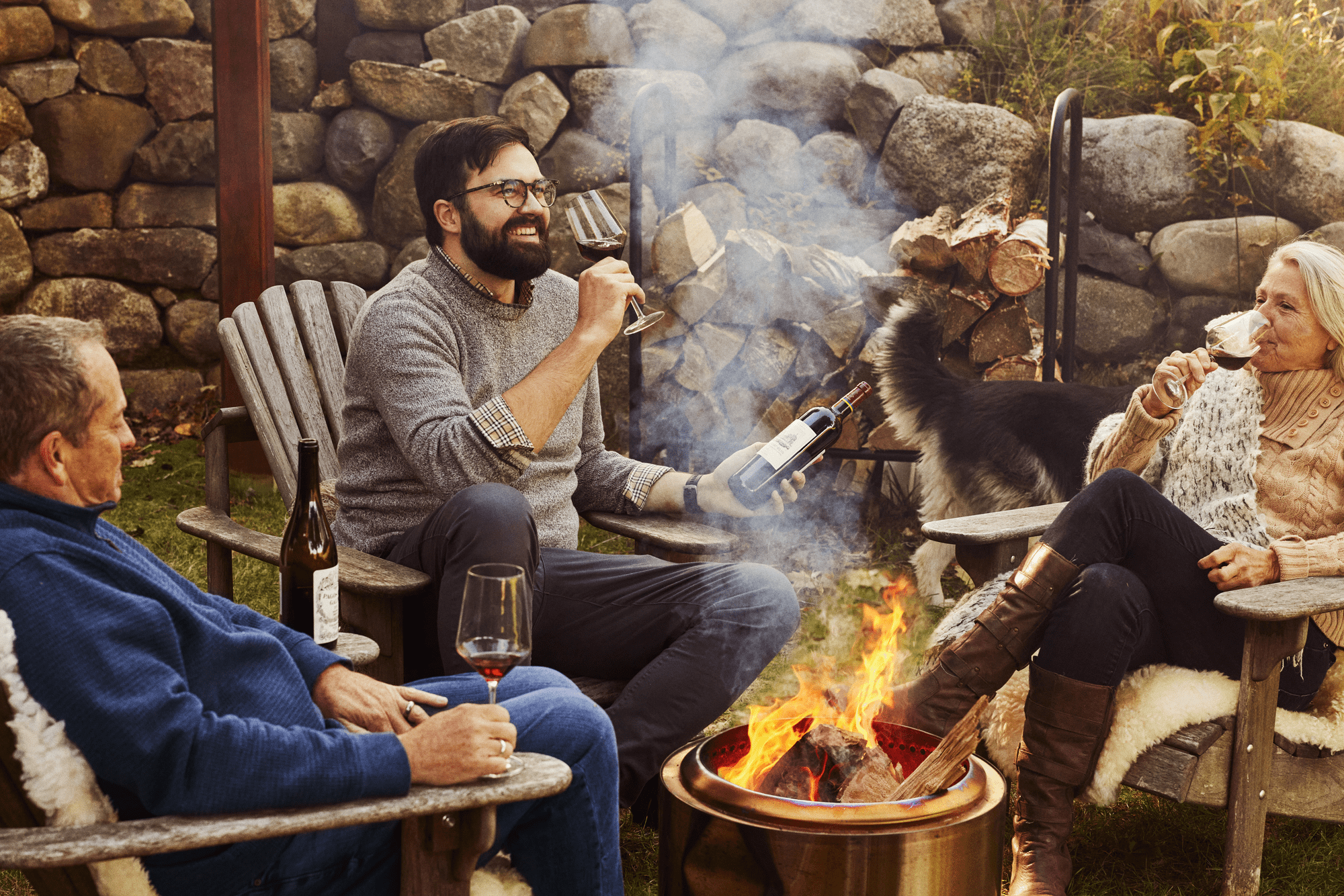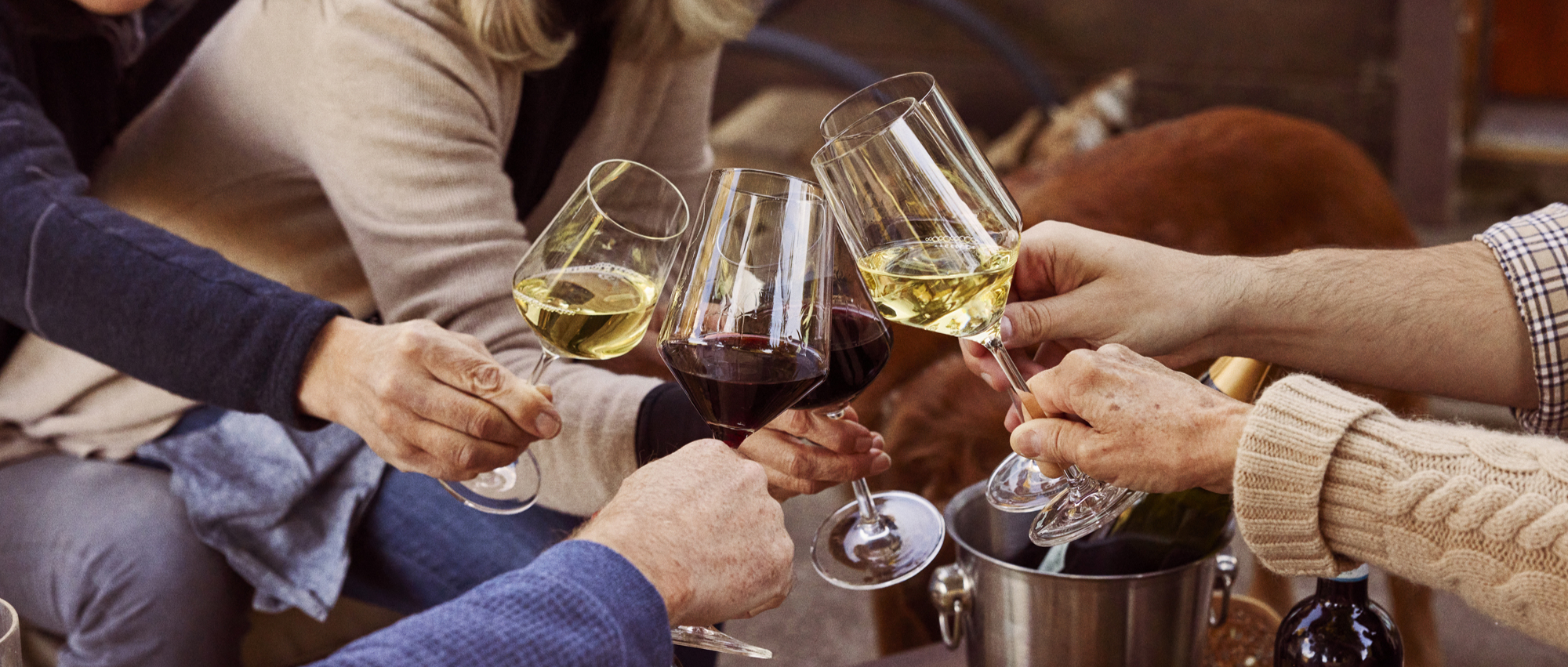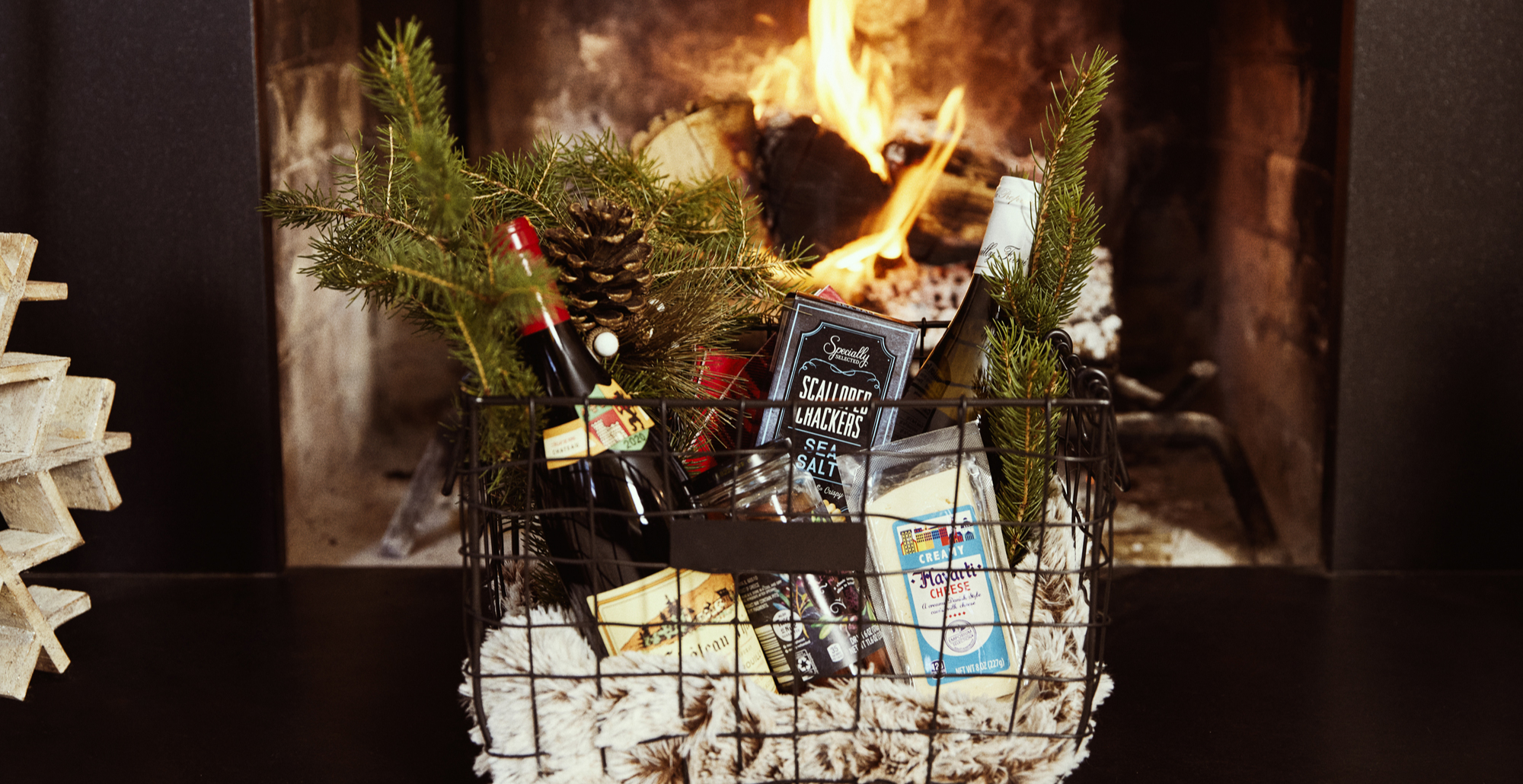If today’s wine had a recipe, it would read something like this: muddle wild strawberries with chilled blood orange and grapefruit juice, add cubes of black basalt and shake vigorously. Pour into an ice-cold glass, top with sea-spray and garnish with a bergamot blossom. The real recipe, however, is far more natural and simple: four indigenous Portuguese grape varieties in volcanic rock, a mere 150 feet away from the Atlantic's pounding waves.
It’s a recipe that has its roots in the 15th century, when Franciscan monks first attempted viticulture in the Azores islands, roughly 1,000 miles off the shore of Portugal. It’s been touch-and-go on the tiny island of Pico ever since then, thanks to non-existent soil (they literally have to supplement with earth from neighboring islands) and fierce winds. But Pico’s tenacious winemakers prevail, and this is the second vintage of Azores Wine Company's Rosé Vulcanico to grace the pages of SommSelect. The 2019 has arrived at precisely the right moment, a bright spot of electrifying juiciness to break up the monotony of early evenings and cold weather. Its bracing minerality and exotic fruit aromas will bring a brilliant blush of color to both your winter tables...and your cheeks once the bottle disappears in the blink of an eye.
The Azores are one of the most remote wine regions on earth, massive peaks of black basalt jutting out of the Atlantic Ocean to form a string of nine tiny islands—a Portuguese archipelago. Today’s Rosé Vulcanico comes from Pico, the main wine producing island, where Franciscan monks first attempted to grow grapes during its colonization in the 15th century. Pico’s steep slopes aren’t exactly fertile ground for vines, and every bunch of grapes is a victory. Winemakers on the island meticulously plant their vines in currais, or geometric squares or rectangles separated by tiny walls of stacked basalt stones. The currais protect the vines from strong ocean winds, salt spray, sideways rain, and even the occasional frost. But despite the challenges, the vines for today’s rosé are approaching their 30th birthday, tiny gnarled plants sitting at sea level, doggedly growing some of the greatest Portuguese wine grapes in existence. This is a rosé born of serious resilience, as its heady concentration of briny minerality will be quick to remind you.
The 2019 Rosé Vulcanico is an equal 25% each blend of four indigenous Portoguese varieties: Saborinho, Agronómica, Touriga Nacional and Aragonez. These intensely flavored varieties produce a particularly dry rosé which clocks in at a succulent 11.5 percent alcohol—the Goldilocks zone. Fruit is harvested manually into 40Kg wicker baskets before a whole bunch press, natural racking after 24 hours of settling, and fermentation in 600-1000L stainless steel tanks. These tanks are actually laid on their sides to give more lees contact and produce more texture over time. It’s a fascinating way to enrich the natural leanness and saltiness of the wine, further proof that winemaking in the Azores requires a sharp innovative mind.
And even so, the ‘Rosé Vulcanico’ ranks as one of the most intensely maritime wines I’ve ever enjoyed, densely packed with the freshness I’ve come to expect from my favorite Azores offerings. Aromas of wild strawberries, sea foam, and watermelon rind commingle with iodine, fresh crushed black pepper and classic oyster shell minerality. On the palate, clean, precise flavors of lychee, rhubarb, and cranberry are supported by a wonderful Campari-like bitterness and persistent salinity. It’s bone dry, brisk, and tinged with an aroma of those aforementioned bergamot blossoms, the perfect companion to a rich seafood stew like a bouillabaisse brimming with clams, mussels, shrimp, and monkfish. It might seem unorthodox to be drinking rosé in the dead of winter, but I can guarantee it seemed unorthodox for those monks to be planting vines on solid rock...and look at them now!
